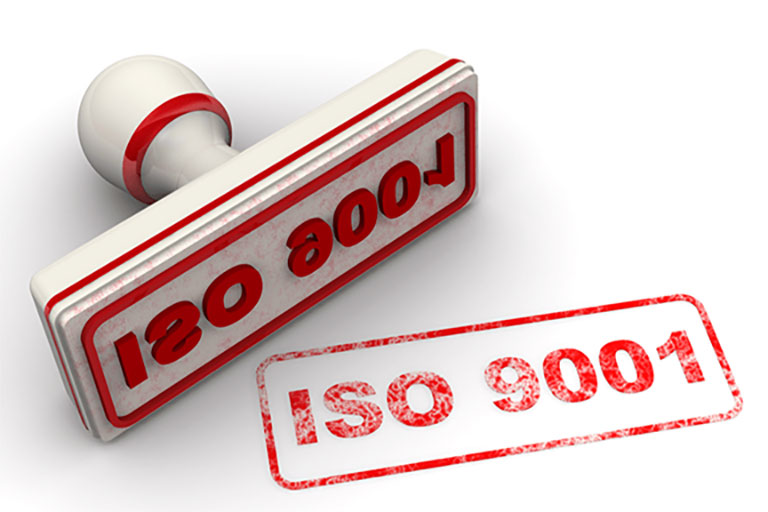ISO certifications, what they are and why they are so important.
In the world of language services (translations, interpreting, language courses, subtitling) clients very often do not know on what basis to select their trusted provider and it often happens that many entrepreneurs, even established ones, rely on improvised translators or agencies, without understanding the value of quality in this area.
On the contrary, it is very important to choose the right partner: a company that knows how to handle every request of its client, respond to its concerns and solve any problem that may arise.
This is where ISO certifications come in handy!
What are ISO certifications and how to obtain them?
To simplify, ISOs are documents that specify the standard for the characteristics and processes of a given service, so that the quality level specified is the same throughout the world. There are plenty of them, for almost every type of activity or process: the most popular is undoubtedly ISO 9001:2015.
However, it is not enough to follow the ISO guidelines to be certified. In fact, it is necessary to have an evaluation by a third party, which verifies the effective implementation of the instructions in the documents. In the case of Lionspeech, it is the TÜV Italy, one of the most important bodies in Europe.
What are the ISOs in the field of language services?
ISO 9001:2015
ISO 9001:2015 considers the entire system of
requirements and expectations of all parties involved in the specific context
in which the organization operates (relating to the environment, safety, social
responsibility, energy management, privacy …), which can help to increase
customer satisfaction.
Therefore, customer satisfaction is linked to
that of other stakeholders (the community, the company’s employees, etc.) with
a socially responsible approach of the standard.
ISO 17100:2015
The International Quality Standard UNI EN ISO 17100:2015 “Translation Services – Service Requirements” specifies the requirements relating to all aspects of the translation process that directly affect the quality of translation services by a language service provider (TSP. Translation Service Provider).
The UNI EN ISO 17100 standard specifies the requirements for the basic processes, resources and other aspects necessary to provide a quality translation service that complies with the applicable specifications. The concept of quality of a translation service cannot be traced back solely and exclusively to the knowledge of the language, but must consider a series of procedural and organizational factors, in which knowledge of the language is certainly a necessary element, but it is not enough. ISO 17100 standard includes provisions relating to all aspects of the translation process that affect the quality and delivery of the translation service The management of central processes, minimum qualification requirements, availability and management of resources, as well as other actions necessary for the provision of a quality translation service are, therefore, investigated.


